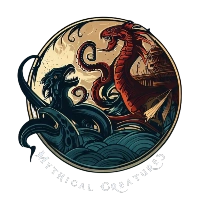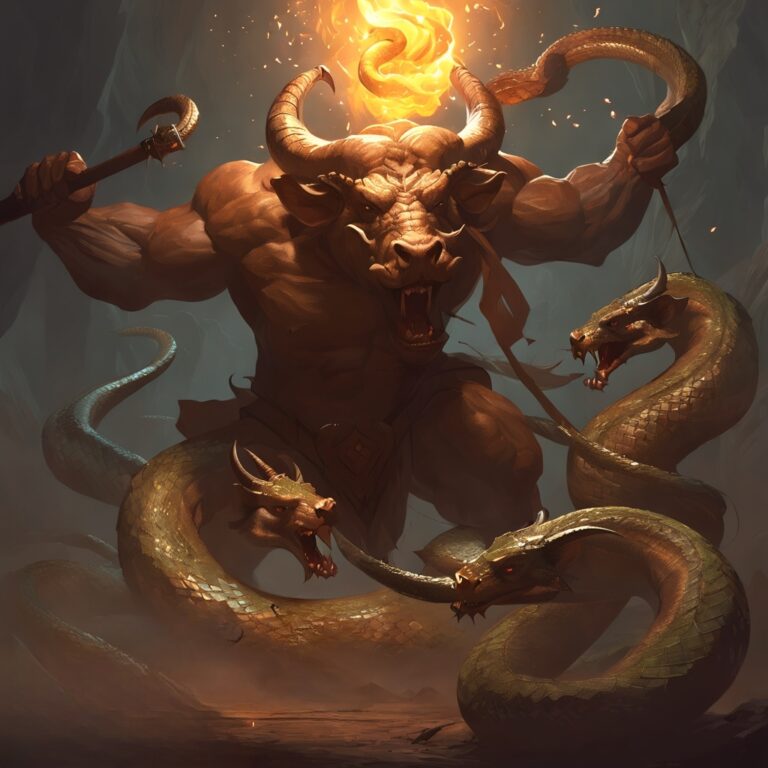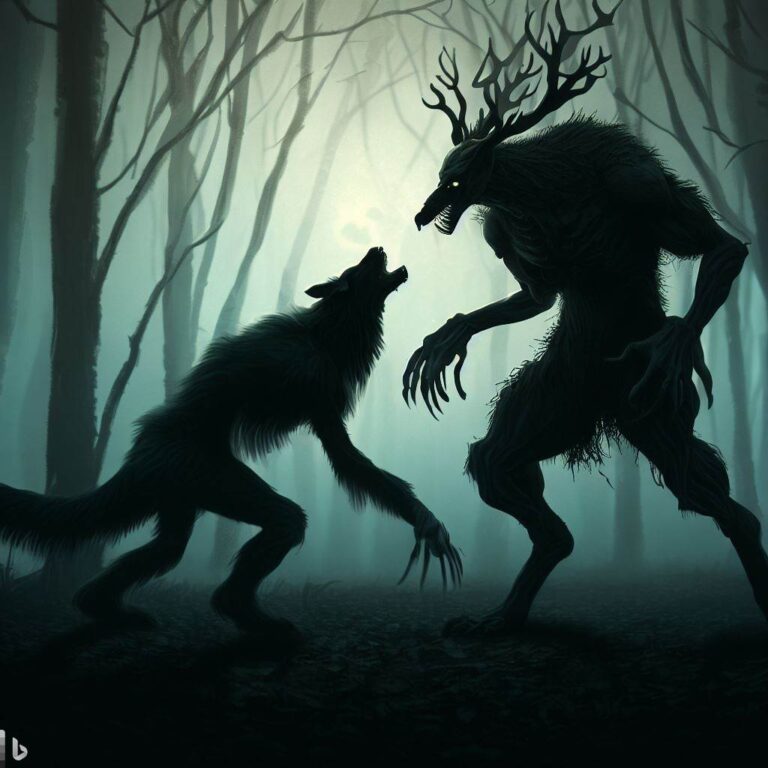
Werewolves have captured our imaginations for centuries. But where did the legend of the werewolf originate? Many scholars believe the first werewolf story emerged from ancient Greece, with the myth of King Lycaon of Arcadia. Lycaon’s disturbing tale provides the first documented account of lycanthropy – human transformation into a wolf.
This article will explore the various versions of the Lycaon myth and analyze its meaning and far-reaching influences that still resonate today.
According to Greek mythology, Lycaon was a cruel and impious king who ruled over the wild, primitive region of Arcadia in the Peloponnese. He founded the great city of Lycosura and established a cult honoring Zeus Lycaeus. But Lycaon flouted the authority of the gods through his many misdeeds.
The most famous myth involves an appalling act that led Zeus to punish Lycaon by turning him into a raging werewolf.
Lycaon’s Shocking Plan

According to the fullest version told by Ovid in the Metamorphoses, Lycaon decided he wanted to test whether Zeus truly possessed omniscience by serving him a meal made from a human victim.
Some accounts claim this was the flesh of Lycaon’s own son, Nyctimus, whom Lycaon had ruthlessly slaughtered for this purpose. Other versions suggest it was an unnamed infant or child whom Lycaon had abducted and then butchered.
Lycaon roasted the human meat as a main dish for his banquet honoring Zeus. He then proudly served it to the king of the gods, fully expecting Zeus would be unaware of the revolting contents.
Zeus’s Fury
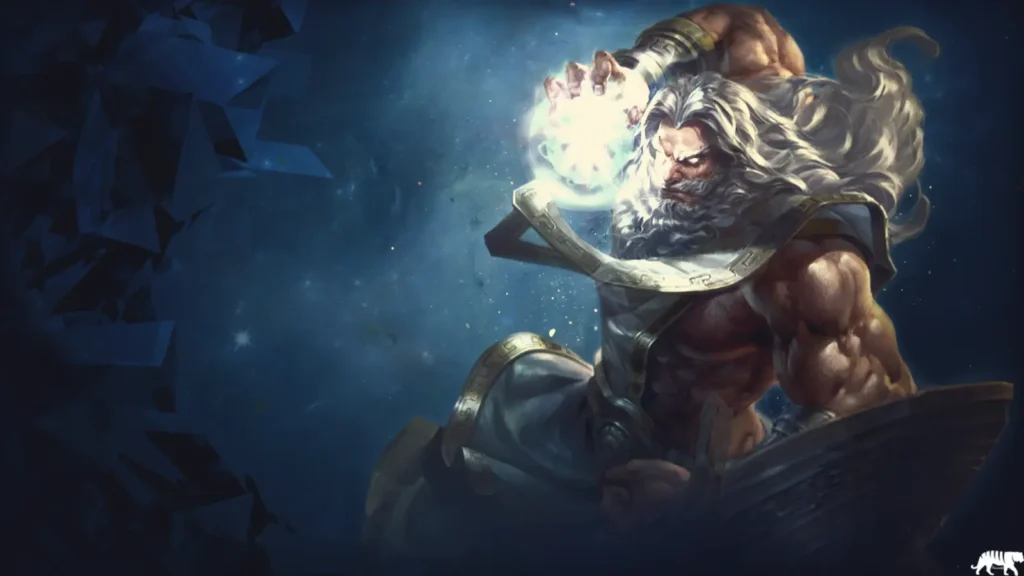
Image credits:deviantart.com
However, Zeus immediately recognized he was being offered the burnt entrails and limbs of a human sacrifice. He furiously overturned the table, enraged at the appalling sacrilege Lycaon had committed.
Lycaon’s Transformation
After this dramatic reaction, Zeus punished Lycaon by striking him with a thunderbolt, transforming the wicked king into the shape of a wolf. Lycaon howled in pain as his limbs twisted into haunches and paws, his face elongated into a lupine snout, and his skin sprouted dark fur. Lycaon the man had become Lycaon the wolf.

King Werewolf Hoodie – based on Greek Myth of Lycaon
Wrath Against Arcadia

Zeus also aimed his wrath at Lycaon’s fifty sons, as well as the broader Arcadian populace whom Lycaon ruled over. He summoned a great deluge to drown the entire region of Arcadia in a purifying flood. All of Lycaon’s sons perished in the rising waters except his youngest, Nyctimus.
The god Hermes rescued Nyctimus from the flood and restored him to life, because unlike his corrupt family, Nyctimus was just and virtuous.
The Story of Lycaon’s Feast
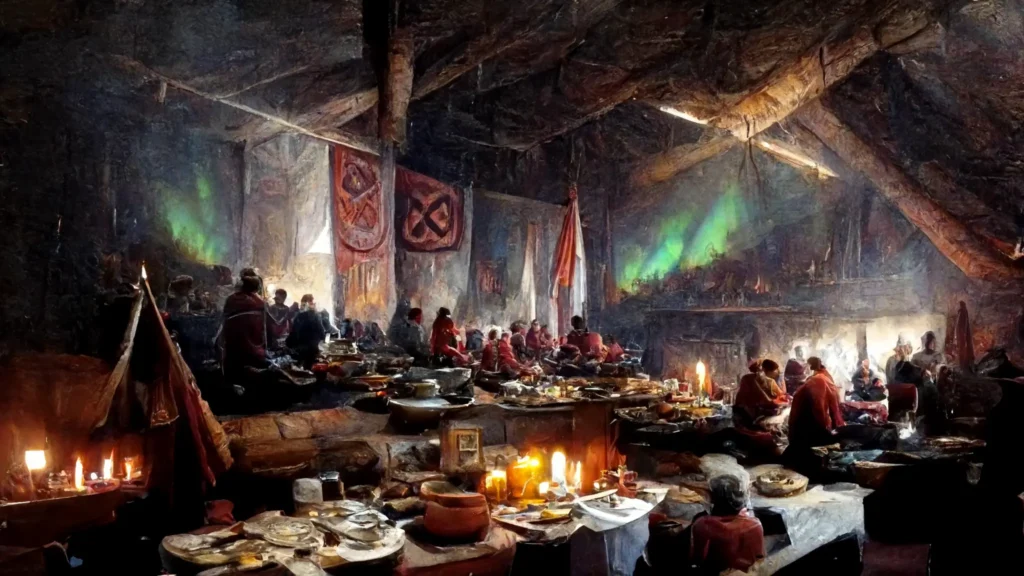
Image credits:deviantart.com
The most well-known version of the myth comes from Ovid’s Metamorphoses. According to Ovid, Lycaon decided to test Zeus’ divinity by serving him a dish of human flesh during a feast at his palace. Some accounts say this was the flesh of Lycaon’s own son Nyctimus, whom he had slaughtered, while others claim it was an unnamed child whom Lycaon had abducted and killed.
This repulsive act enraged Zeus when he realized what Lycaon had done. In retaliation, Zeus overturned the table in disgust and struck the impious king with a thunderbolt, transforming Lycaon into a snarling werewolf. The vengeful god then conjured a great flood to wipe out the rest of Lycaon’s fifty sons, as well as the other wicked inhabitants of Arcadia. Zeus spared only one son, Nyctimus, whom Hermes returned to life after the waters receded.
The Origins of Lycanthropy
The story of Lycaon serves as the origin myth explaining the genesis of lycanthropy and werewolves. Lycaon’s name connects directly to the Greek word for wolf, “lycos.” His shocking punishment and shape-shifting curse by Zeus gave rise to the concept of humans transforming into wolves.
The myth also provides an etiological explanation for why werewolves are associated with the moon. Some versions claim that Lycaon was turned into a wolf permanently, unable to ever shift back into human form. His eternal wolf curse is believed to have originated the idea of werewolves changing shape under the full moon.
Different Versions and Interpretations
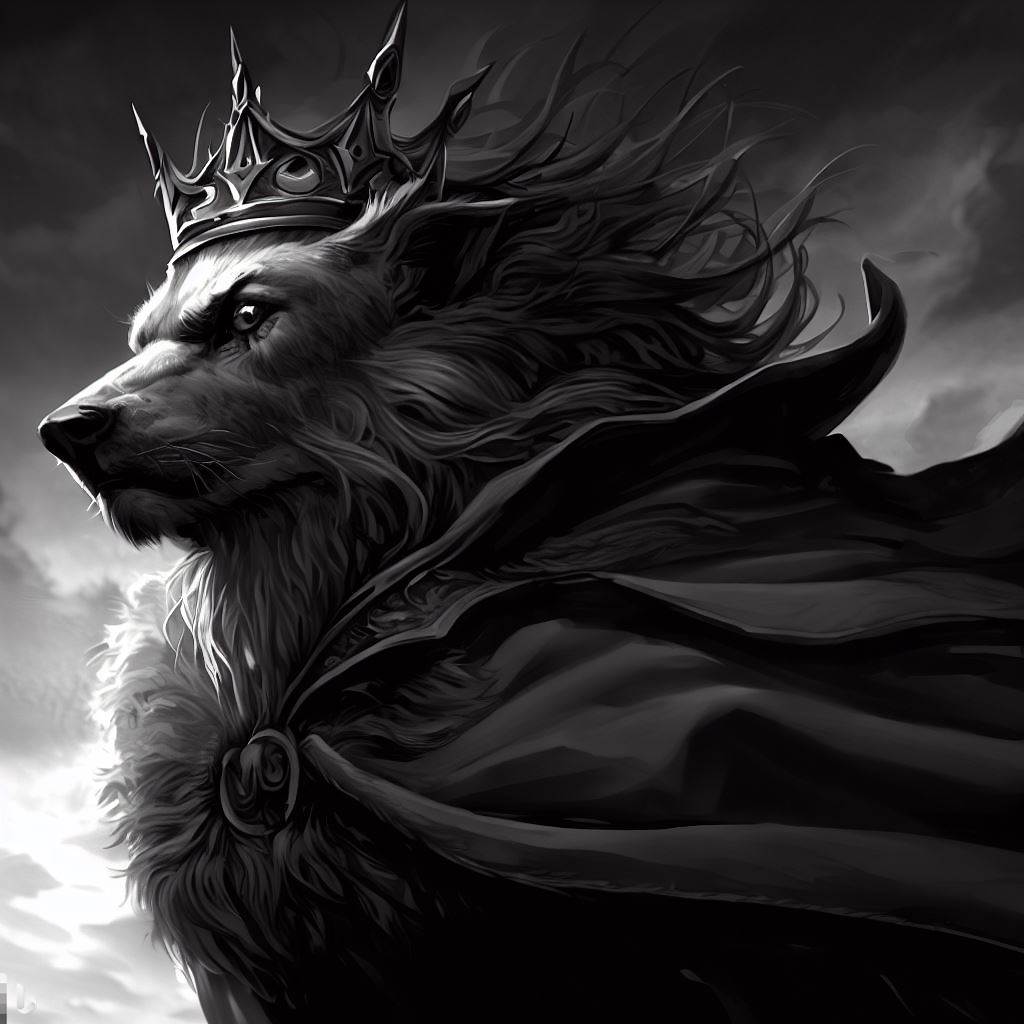
The myth of Lycaon survives in various forms from several ancient sources. The earliest recorded mention appears in Herodotus’ Histories from the 5th century BCE. Later accounts are included in Plato’s Republic, Pliny the Elder’s Natural History, and Pausanias’ Description of Greece.
The most detailed version is found in Book I of Ovid’s Metamorphoses from 1 CE. However, key details differ between these versions, including the number and names of Lycaon’s sons, the preparation and serving method of the human flesh feast, and the exact nature of Lycaon’s punishment by Zeus.
Symbolic Meanings and Metaphors
Modern scholars view the werewolf myth of Lycaon as more than just an exciting story. Instead, it represents a deeper symbolic struggle between wilderness and civilization, humankind and the divine.
Human Wickedness and Hubris
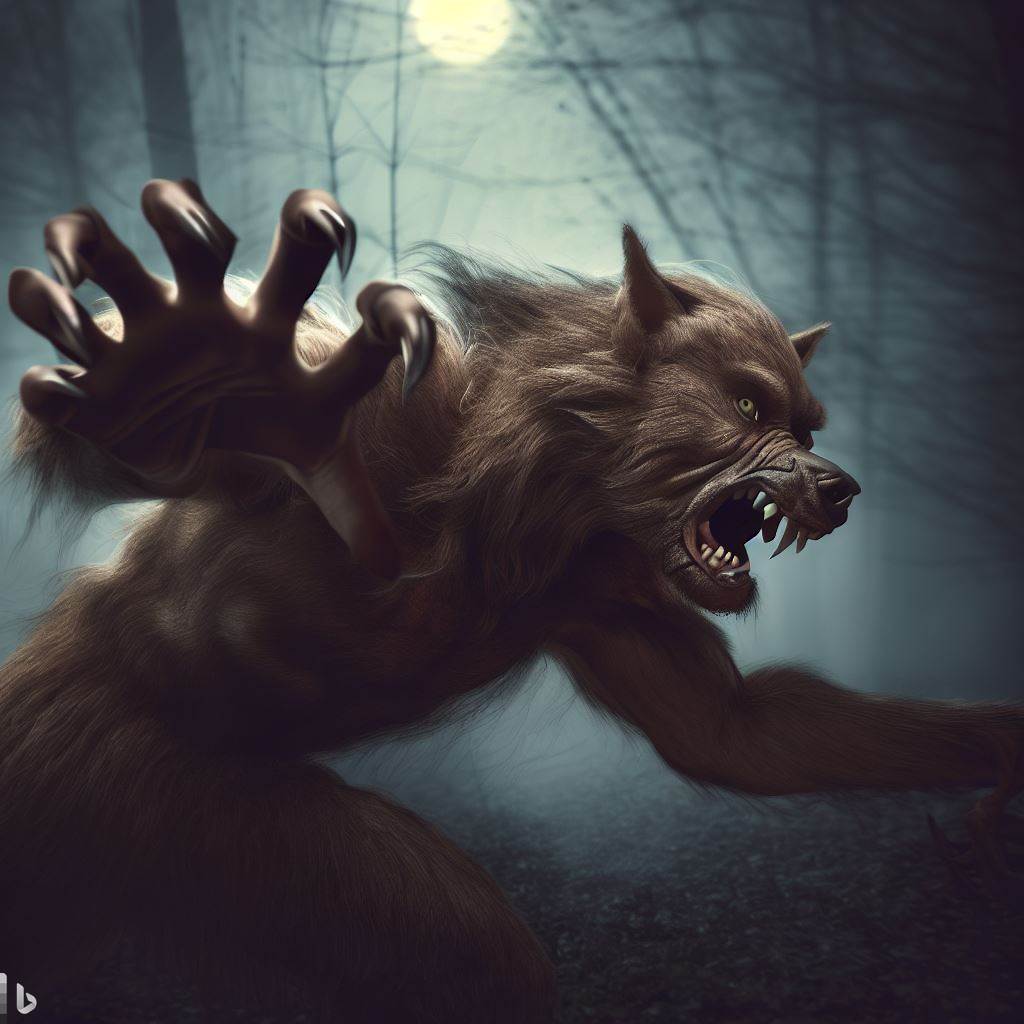
Lycaon epitomizes the wickedness and hubris sometimes found in humanity. His gruesome deeds and challenging of Zeus’ power demonstrate impiety and a desire to test the limits of the gods. His punishment serves as a warning about respecting moral authority.
Between Man and Animal
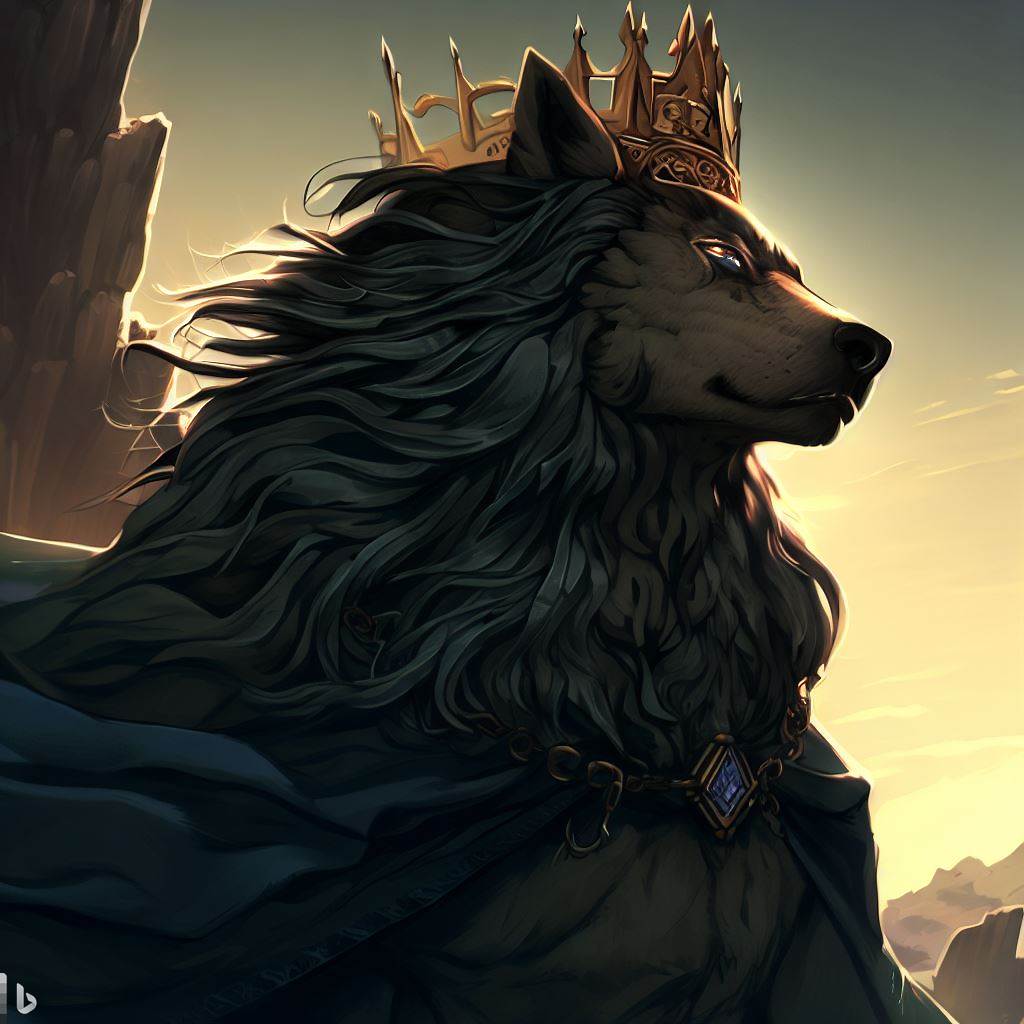
Lycaon’s transformation can be seen as blurring the line between man and beast. His wolf-like savagery is made literal as he becomes an intermediary hybrid creature. This explores profound questions about the relationship between human nature and our base animal instincts.
Challenging Divine Authority
Lycaon’s defiance of Zeus represents mankind’s conflicted relationship with divine forces or absolute moral truth. His assertion of his own authority is cruelly punished by the king of the gods.
The tensions between man and the divine, nature and civilization are played out through Lycaon’s ultimate transformation into animal form.
Lasting Influences on Storytelling
The legacy of Lycaon’s tale of transformation has endured for over 2,000 years, influencing werewolf mythology across different cultures and periods. The early lycanthrope myth continues to impact modern storytelling as well.
Link to Medieval and Modern Werewolves
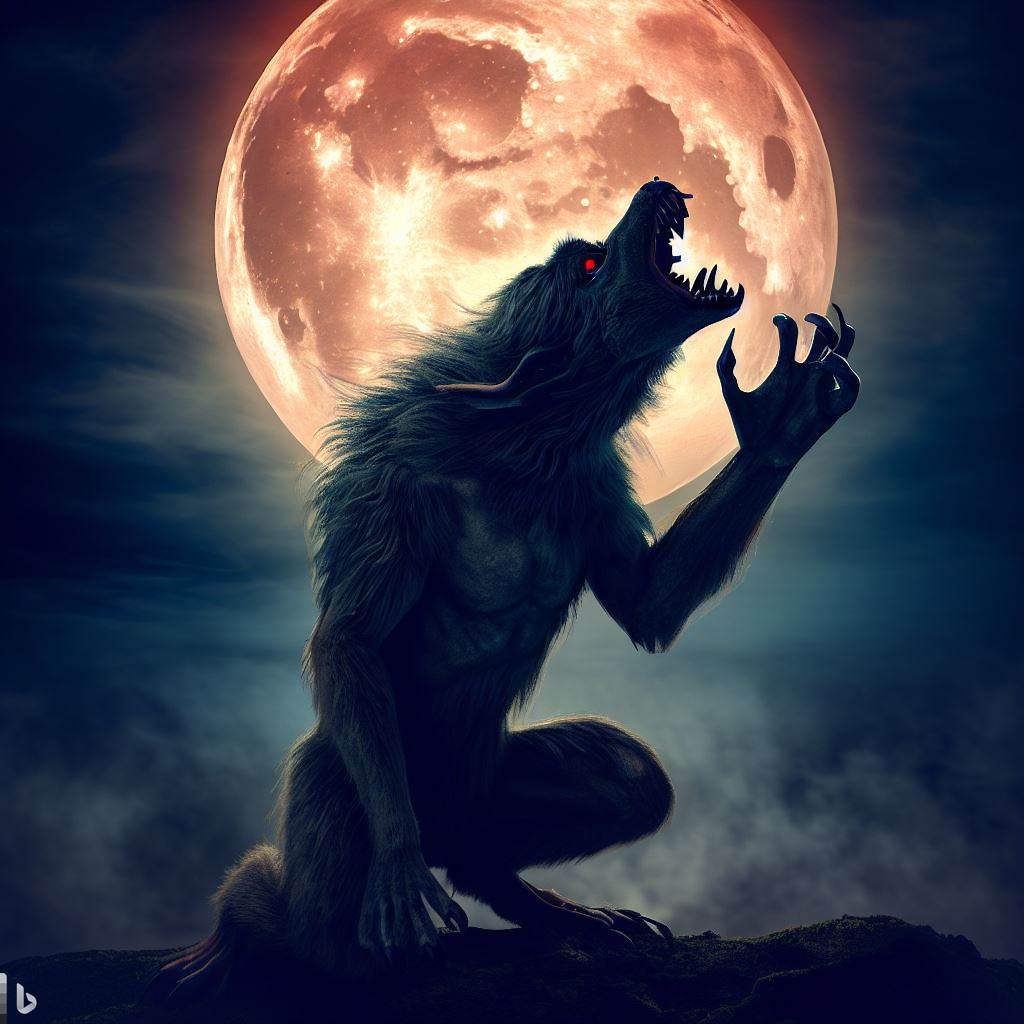
The Lycaon myth is likely the progenitor of later European werewolf legends that emerged in medieval times, such as the Germanic tale of Peter Stubbe. Lycaon’s werewolf origins resonate in modern Hollywood films and stories like The Wolfman and Harry Potter.
Parallels with Dr. Jekyll and Mr. Hyde
The dramatic metamorphosis and dual nature of Lycaon’s wolf-self has strong parallels to the split persona motif in Robert Louis Stevenson’s classic novella. The inner savagery of Lycaon finds echo in the monstrous Edward Hyde lurking inside Dr. Jekyll.
Exploration of the Shadow Self
Lycaon’s bloody feast and physical transformation evokes examination of the “shadow self” – the dark, primal half of the psyche that often features in ancient myths and modern psychology. Lycaon’s lupine alter ego still haunts our collective imagination centuries later.
FAQ About The Werewolf
Who was the first werewolf character?
The first werewolf character in literature is usually considered to be Lycaon, the king of Arcadia, who was turned into a wolf by Zeus as a punishment for his crimes in Greek mythology.
What is the first legend of the werewolf?
The first legend of the werewolf is also related to Lycaon, who was said to have served human flesh to Zeus at a banquet. Some versions of the story say that he also tried to test Zeus’s omniscience by disguising his own son as a victim.
What is a werewolf in Greek mythology?
A werewolf in Greek mythology is a human who can transform into a wolf or a wolf-like creature, either by choice or by curse. The term lycanthropy comes from the Greek words for wolf (lykos) and human (anthropos).
Who is the Greek god of the wolf?
The Greek god of the wolf is Apollo, who was also the god of the sun, music, prophecy, healing, and many other things. He was associated with wolves because he was the patron of Lycia, a region where wolves were revered.
What are the werewolf’s abilities?
The werewolf’s abilities vary depending on the source, but some common ones are: – Enhanced strength, speed, senses, and healing – Immunity to most weapons except silver – Ability to communicate with other wolves or animals – Ability to control their transformation or be influenced by the moon
Are werewolves real?
Werewolves are not real in the sense that there is no scientific evidence for their existence. However, they are real in the sense that they are part of many cultures and folklore around the world, and have inspired countless stories and artworks.
Conclusion: The First Werewolf’s Enduring Legacy
The horrific myth of King Lycaon being turned into a ravenous wolf as punishment for his crimes provides the earliest origins of werewolf lore as we know it today. While details vary, Lycaon’s story distills a powerful metaphor about the dual aspects of human nature – our latent wildness and savagery, as well as our refined rationality.
By blending man and beast in one body, the werewolf figure perfectly encapsulates this tension and duality. Lycaon’s mythic tale continues to howl through the ages, leaving its imprint on horror films, fantasy books, and the timeless allure of shape-shifting monsters.
